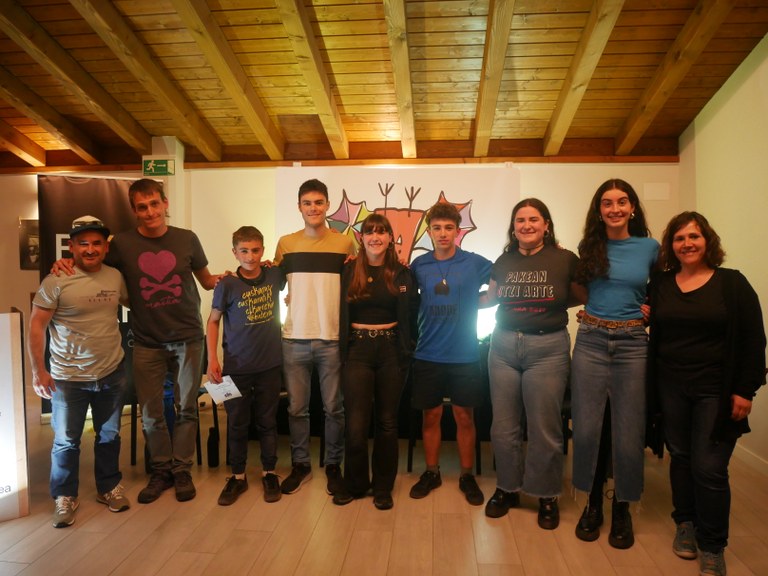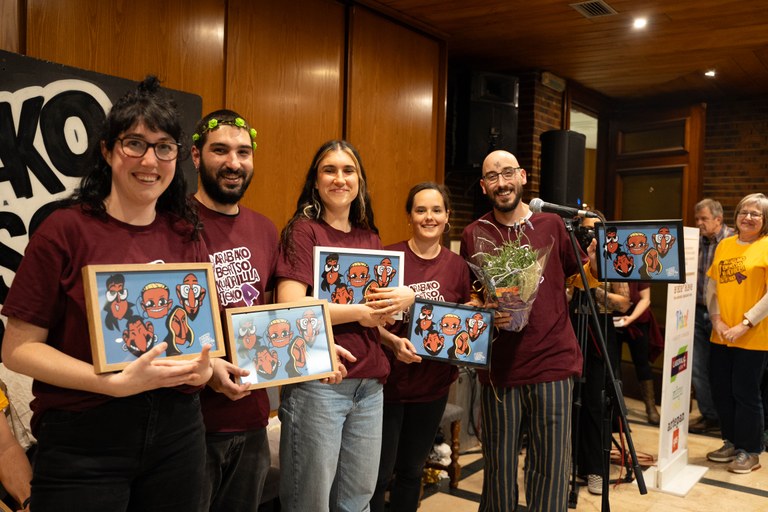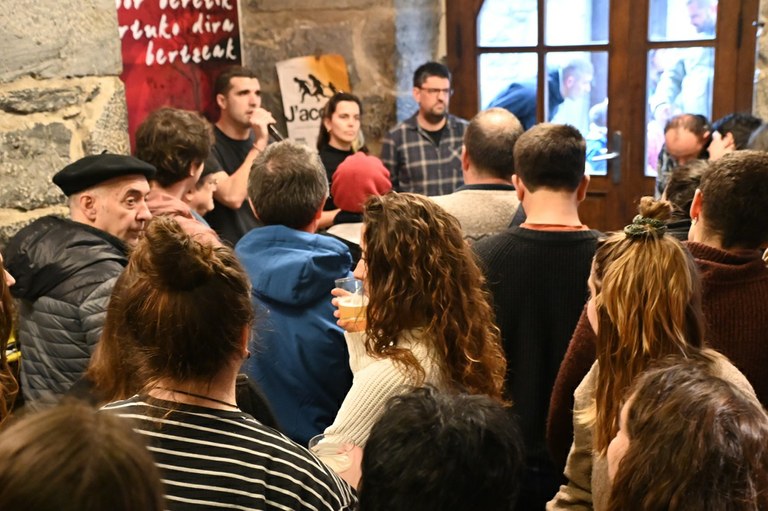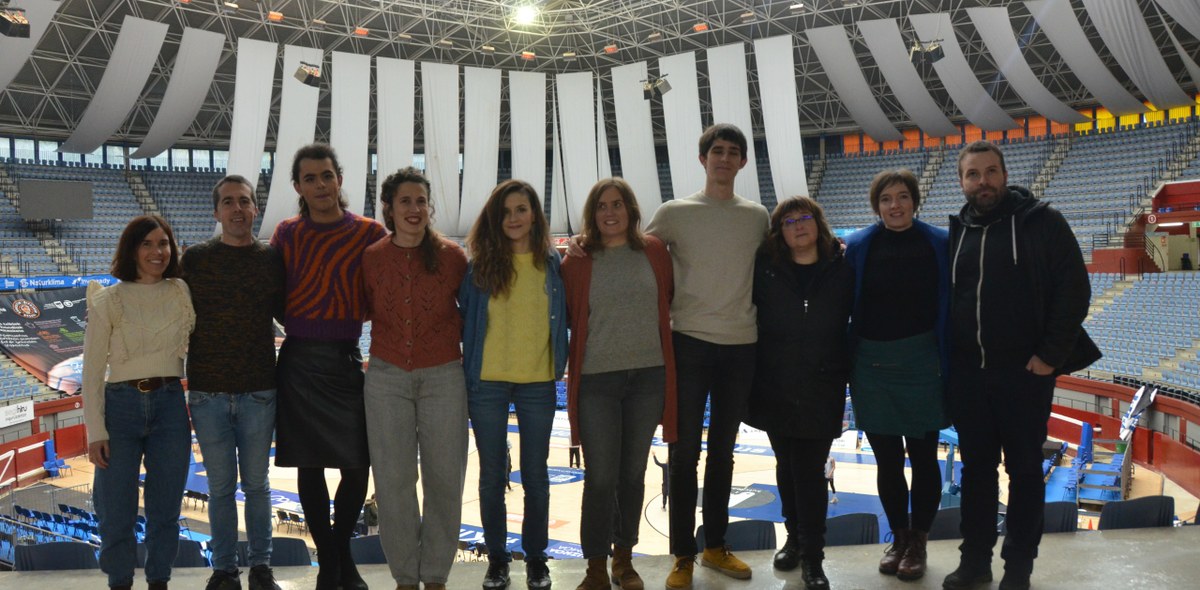Die 'Xalbador II' by Mixel Aire Etxebar
He died at the age of 81 at the Basurto Hospital. Mixel Aire was bertsolari and pastor like his father Fernando Aire 'Xalbador'.
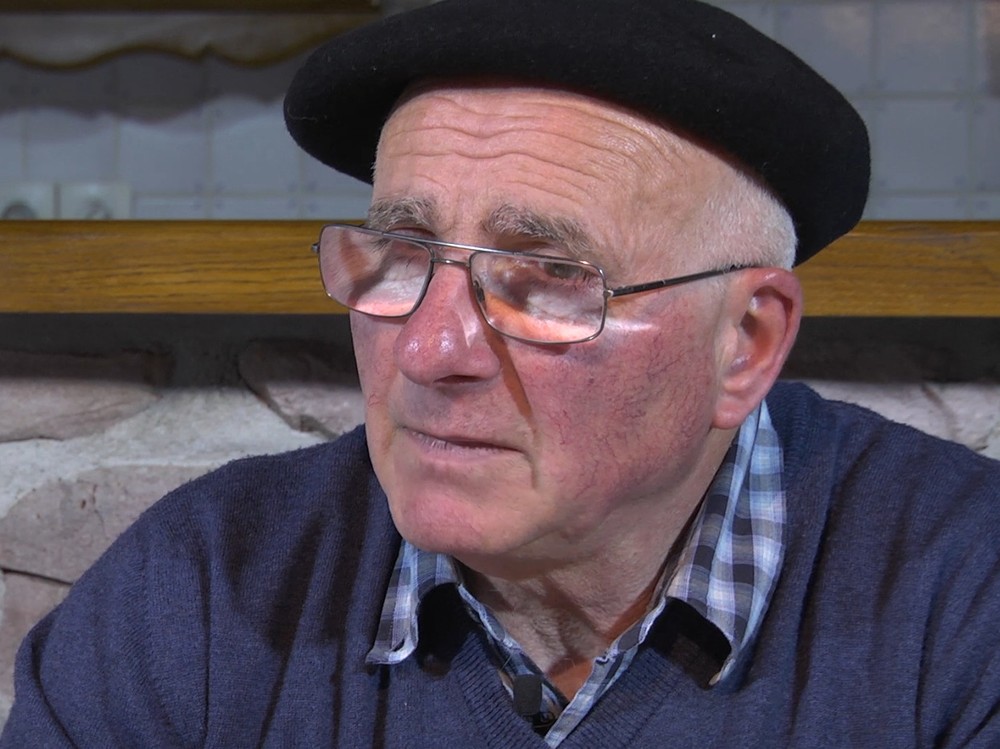
Born in Urepel in 1944, Mixel Aire Etxebarren, son of the prestigious bertsolari Xalbador of Fernando Aire Etxebar, also known as Xalbador II. The man has died in the last few hours, according to sources from the radio station Euskal Irrati Telebista.
The first place of bertsolaris was in Hazparne, at the age of 23, next to his father. He did more, but he was a pastor of the United States. He hadn't left the verse, but ... Only in America did he write a series of verses in 1969, which would later be awarded, around loneliness and nostalgia. He returned to Urepel after five years as a pastor in California, over 30 years old. He then began to work more continuously in the plazas.
In Euskal Herria, in addition to singing per plaza, he participated in several bertsolaris championships. He participated three times in the Bertsolaris Championship of Euskal Herria, and was three times the winner of the Bertsolaris Navarra Championship: 1980 in Lesaka, 1985 in Leitza and 1988 in Pamplona. He participated twice in the Ipar Euskal Herria Championship. In 2010 he announced that he would leave the seats.
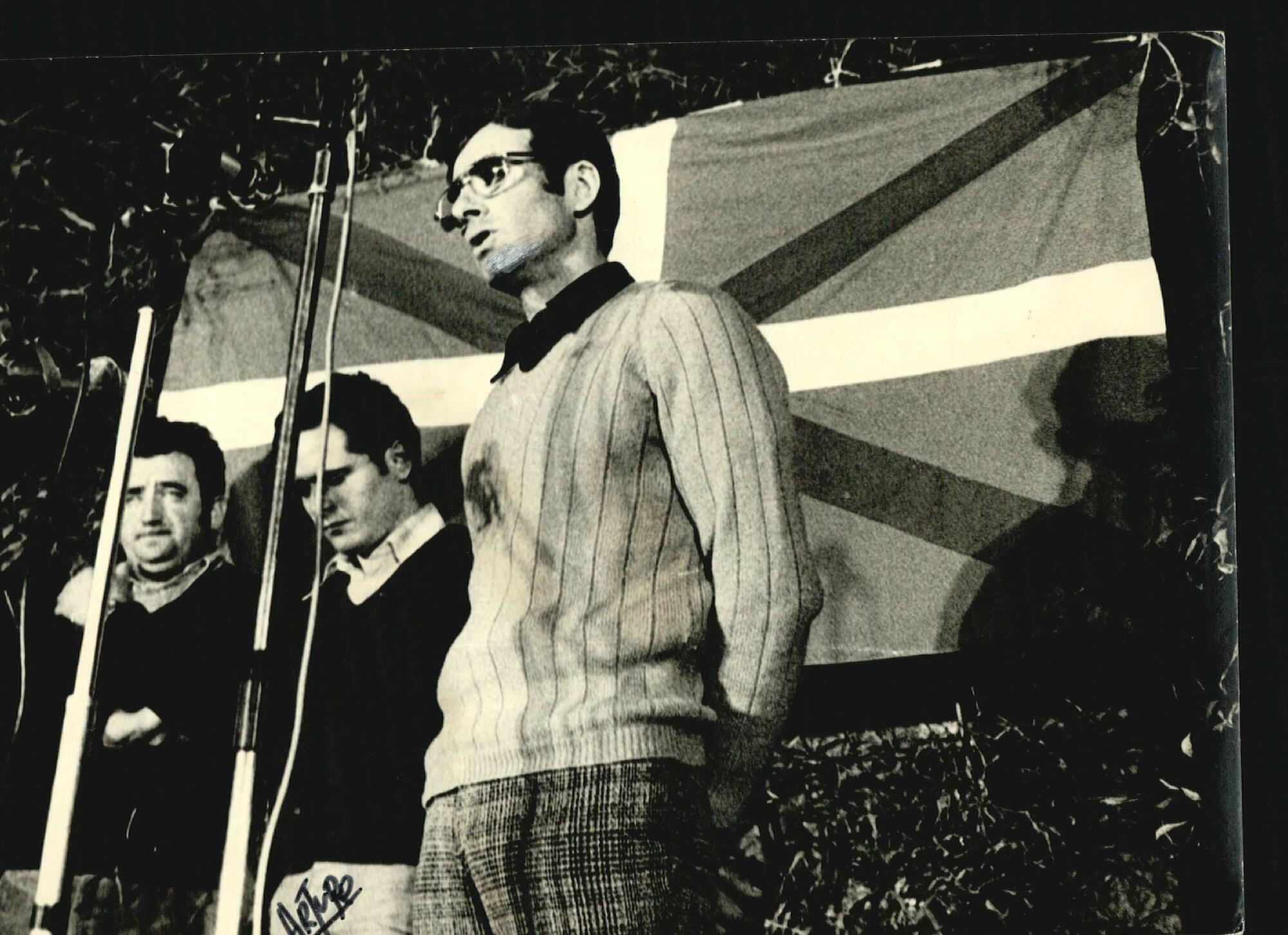
In 1976 he married Mari Michel Betart and had three daughters: Look, Amaia and Paxkalin Aire, members of the trio of singers Aire Ahizpak, were formed in 1992. Among other things, the group was present in the creation of EHZ, and they recorded the songs for that festival on the outsole of Arrosa. In the recording, among others, were Niko Etxarte and Mikel Markez. For example, I have accomplices and the song, written by Uxue Alberdi and musicated by Markez, is sung with the Aire sisters.
"Friend's death hurts"
Jean Louis Harinordoki Laka was a friend of Mixel Aire Etxebarren. Laka has spoken to Euskal Irratiak, who has been hurt by the death of his travelling companion.
Laka says that in addition to being a great bertsolari, he was also a thinker: "I always thought about what I would say, I was a handsome speaker, I always had an admirable Basque in the language," he added. He was also purist Mixel Aire Etxebarren, whom Laka estimated: "What I would emphasize is that he escaped exile. We were in that very conception, in that pure language, in the expression of those words that are being lost, we were in that."
In the interview, Laka stressed that Bertsolarism, for its part, was very good, both suddenly and in the seated bertsos. He therefore stressed that "Euskal Herria loses a good bertsolari". "Popular man, just," according to Laka, with friends everywhere. For example, they went together to California about fifteen years ago, as they were led to sing bertsos and, as Laka recalled, "had many friends in the Basques there, because it was a fairy."

"We were legs that had the bridge standing."
In the Berria newspaper, journalist Joanes Etxebarria interviewed Mixel Aire Etxebarren in October 2011, shortly after leaving the squares. He talked not only about bertsolarism, but also about forms of cultivation.
On Bertsolarism, for example, he said that there had been a great deal of improvement in technology, especially thanks to Bertso-Eskolas. The use of Euskera was also improved and, above all, special emphasis was placed on literature. The journalist asked him if what he had gained in the technique had been lost in the background and replied:
No, no. What to lose for? Bertsolaris are still big. Xalbador was an animation bertsolari, but Xalbador was Xalbador. Maybe Xalbador already had something Amets doesn't have, but Amets already has something Xalbador doesn't have. I've already said, maybe too much, that Xalbador has been the largest bertsolari, but now they're also good. I mentioned AMETS, but since I do not mention Egaña, Maialen...
They were intergenerational bridges in Etxebar, etc. "They do the same thing as me." He said: - Ah! We were legs that had the bridge standing.
Maiatzaren 8an hasiko da Bizkaiko Bertsolari Txapelketako sailkapen fasea. Zortzi saio bikoitz jokatuko dira maiatzeko eguenetan. Sarrerak eskuragai daude bertsosarrerak.eus atarian.
Asteburu honetan hasiko da Gaztetxeak Bertsotan egitasmo berria, Itsasun, eta zazpi kanporaketa izango ditu Euskal Herriko ondorengo hauetan: Hernanin, Mutrikun, Altsasun, Bilboko 7katun eta Gasteizen. Iragartzeko dago oraindik finala. Sariketa berezia izango da: 24 gaztez... [+]
Vagina Shadow(iko)
Group: The Mud Flowers.
The actors: Araitz Katarain, Janire Arrizabalaga and Izaro Bilbao.
Directed by: by Iraitz Lizarraga.
When: February 2nd.
In which: In the Usurbil Fire Room.










